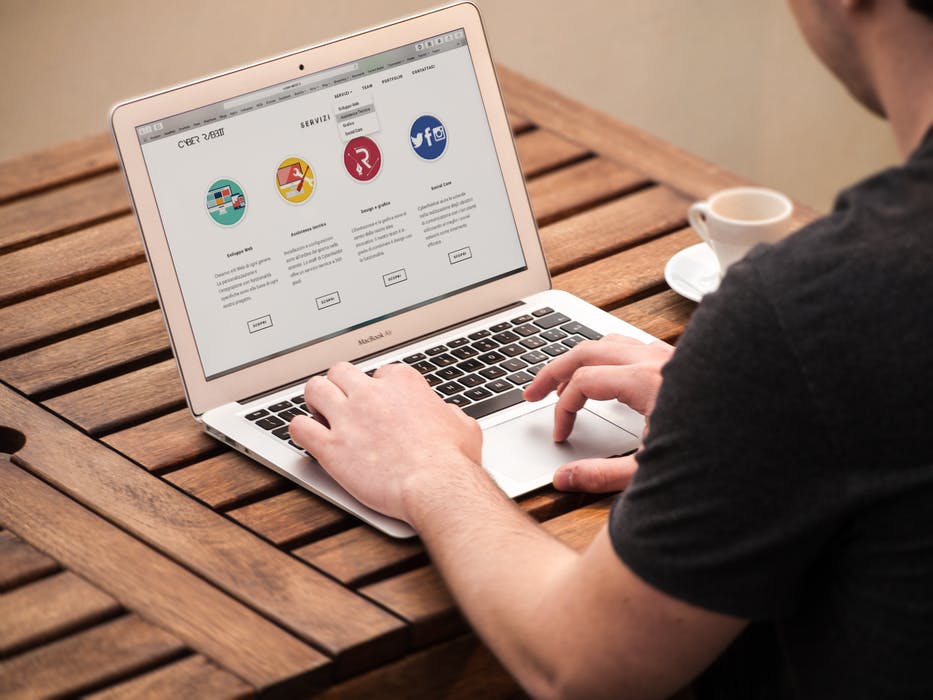Intellectual property rights are something all freelancers that create should be concerned with. As with all legal details, it can be tempting to just ignore it and hope that a sensible legal system will take care of things in the right way. But not knowing your IP rights can hurt you financially as a freelancer.


If you’re not aware of your rights, you won’t be able to protect them. And you need to be proactive.
Got your attention? Good! Read on as we cover the most important facts about IP rights, how you should protect yourself and what to do if things go wrong.
1. What is intellectual property?
According to the World Intellectual Property Organization, which is an agency of the United Nations, intellectual property “refers to creations of the mind: inventions; literary and artistic work; and symbols, names and images used in commerce.”
Furthermore, it is divided into two categories – industrial property (patents, trademarks, etc.) and copyright (film, music, photography, etc.).
As you can tell, IP can be a pretty broad field. As a freelancer, however, you will mainly have to deal with the part of the definition that refers to copyright.
2. Why is IP important to understand?
Copyright poses the question of who holds the right to a certain creation – a creator often has to know what that’s worth when writing up their contract. The party which holds the rights to a creation owns it. That essentially means they have the right to do whatever they want with it.
Let’s say you’re a writer and write a book for a client. They give you 10,000 dollars for the book and all rights associated with it. The first year the book makes maybe 20,000 and you’re fine with it. But then the client reprints it. Again and again. Maybe even makes movies out of it. The fact that you gave up your copyright means you won’t see a penny of the profits beyond the initial deal. This is a crass example, but any creator can suffer from not understanding IP rights properly.
3. Protecting your IP as a freelancer
The best way to protect your intellectual property is by including a detailed IP clause in your contract (Here are all must-have clauses for every freelance contract). There are a lot of aspects to cover here:
– Are you giving away your rights for eternity or only for a certain period of time?
– Is your client obliged to mention you as the author of the things you created for them?
– Is your client allowed to use your work as part of future projects?
– Are the rights universal or only limited to a certain country or region?
– When do the rights actually pass to your client if you’re selling them? Once the work is finished or before that?
The answers to those questions will determine how protected you are against IP theft. It’s perfectly acceptable to sell your rights to a client, provided you’re being compensated appropriately.
And freelancers aren’t the only ones who should be careful, people who use their services also stand to lose a lot from unclearly stated contracts.


4. Should clients accept freelance work without receiving intellectual property rights?
From the perspective of a client, receiving copyright is very useful. After all, you don’t want to pay a freelancer to do something for three months only to have them turn around and sell them to the competition as soon as it’s done. But claiming that freelancers should always sell or give away their IP rights is ridiculous.
It takes trust to work with someone who wants to retain all copyright to their work. But buying those rights can sometimes be just too expensive.
Furthermore, if you have a reasonable agreement with the freelancer, you don’t need full IP rights. In the end, both sides need a well-written agreement that details exactly what rights are owned by who and for how long.
It isn’t necessary to add an additional IP agreement to your contract. A contract clause about copyright defining who owns the work will work. For example:
“Once the work is completed and the payment has been received, the client will own the rights to the work (design, piece of content, etc.)“
5. What to do if your IP rights are violated?
If you freelance long enough, the probability that some of your work will get stolen sooner or later is practically one hundred percent (Check our tips for content writers on how to protect your texts from being stolen).
Work that gets published on the internet gets stolen constantly. There are also clients and freelancers that will violate IP agreements – sometimes out of malice and sometimes because they just don’t know any better.
The first step should always be contacting the violator and explaining you hold the rights to the work they’re using. If they weren’t aware of that, they will proceed to either stop or pay you to use it.
If they did knowingly steal your work and refuse to stop, you should talk to a lawyer. Don’t take this matter lightly; protecting your rights is extremely important – for freelancers as well as business owners.
Disclaimer: If you have any concerns about Intellectual Property rights, contracts, and claiming IP rights violations, contact an attorney. This article is meant as an informational guide, not legal advice.

